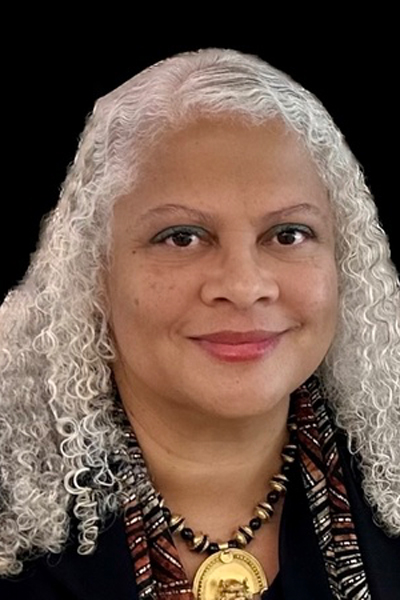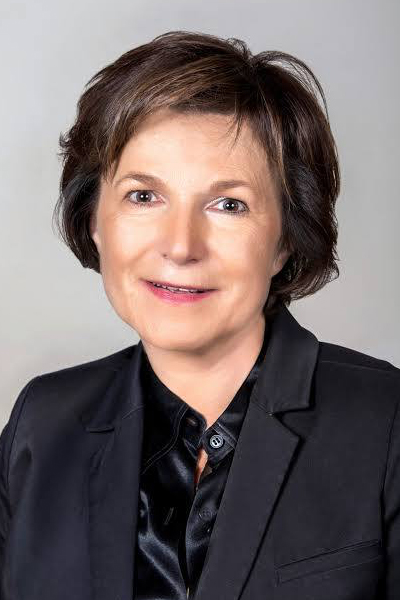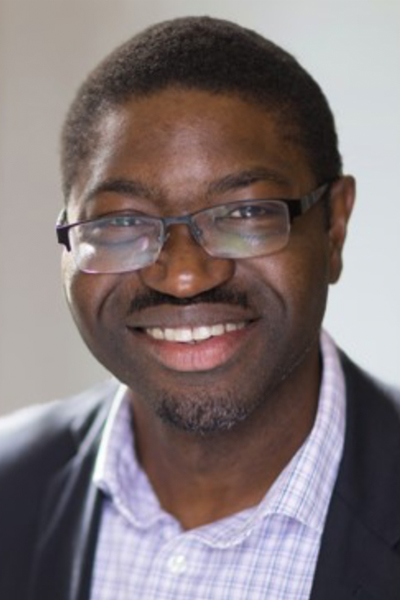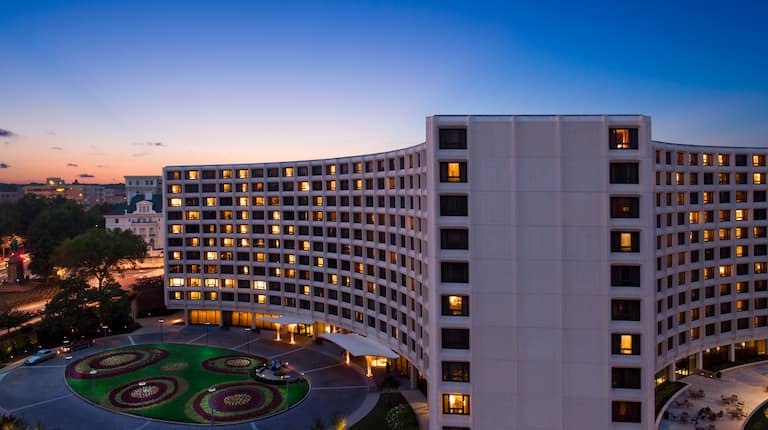2026 ASIL Annual Meeting
REGISTRATION IS NOW OPEN
Featured Honorees and Speakers

Philippe Sands
(Grotius Lecturer)

Adrien Wing
(Goler T. Butcher Medal)

Paul Reichler
(Honorary Member)

Laurence Boisson de Chazournes
(Manley O. Hudson Medal Honoree)

Dapo Akande
(Charles N. Brower Lecturer)

Penelope Andrews
(Prominent Woman in International Law Recipient)
1919 Connecticut Ave NW
Washington, DC 20009
202-483-3000
To book a room by phone, please dial 202-483-3000 and press zero. Ask for In-House Reservations and reference ASIL’s room block.
Please note that In-House Reservations are available Monday–Friday, 8:30 AM–5:30 PM EST.
If you are calling outside of these hours, please use the booking code 9CS so the representative can assist you through the Hilton Worldwide Reservation System.
You may also use the provided link to book, modify, or cancel your reservation. If certain nights are not available or do not appear through the link, please email Adey.Solomon@Hilton.com. (Kindly note that this email should only be used if there is an actual issue with the booking experience and you already have a confirmed reservation.)
Discounted room rate cutoff is March 31, 2026.
Please do not respond to discounted hotel offers not originating directly from ASIL.

Advancing and Defending The Rule of Law
The rule of law is a foundational concept and a precondition for a just world order. Today, it
faces profound challenges that undermine international norms and standards, and multilateralism
itself. Fundamental tenets of the United Nations Charter, the Universal Declaration of Human
Rights, and other consensus-based instruments, including in trade and environmental law, are
under threat. Core elements of the rule of law – including separation of powers, equality before
the law, accountability, fairness in the application of the law, legal certainty and independent
adjudication – are in jeopardy, even in some democracies, with far-reaching consequences.
The municipal and international manifestations of the rule of law are interdependent. As the
United Nations Secretary General affirmed in 2023: “The rule of law is fundamental to lasting
peace and security. It is the foundation for conflict prevention, peace-making, peacekeeping,
sustaining peace and peacebuilding. It is essential for addressing injustices and inequalities that
fuel conflict and for protecting civilians in crisis and post-conflict situations.”
One of ASIL’s constitutional goals is “to promote the establishment and maintenance of
international relations on the basis of law and justice.” To pursue that goal in such critical times,
the Society and all international lawyers need to consider difficult questions about the
contemporary meaning of the rule of law. Should we alter how we define, implement, or protect
the rule of law? How does resurgent authoritarianism challenge the rule of law? How should
“every individual and every organ of society” defend and advance the rule of law, at home and
abroad? What impacts are foreseen due to the proposed structural and financial changes at the
UN and related international organizations, and cuts in funding for and other obstacles facing
civil society? Should the private sector fill gaps via “corporate social responsibility”? Are we
witnessing an inevitable divide in the rule of law between international and domestic levels?
Attendees can expect to participate in:
- Keynote addresses by leading figures in international law
- Substantive panels on a wide variety of international law topics
- Multiple networking and social events
- Interest Group social events and substantive meetings
- Access to the leading publishers of international law materials
- Optional Continuing Legal Education credits
- Optional luncheons
Co-Chairs
Karima Bennoune, University of Michigan Law School
Charles Di Leva, Sustainability Frameworks
Caroline Richard, Freshfields
Committee Members
Oyeniyi Abe, University of the Pacific, California
Ali Al-Karim, Brick Court Chambers, London
Padideh Ala’i, American University Washington College of Law
Tatiana August-Schmidt, Debevoise & Plimpton LLP
Dilek Barlas, World Bank
Andrea Bjorklund, McGill University
Alicia Cate, National Oceanic and Atmospheric Administration
John Cerone, The Fletcher School of Law & Diplomacy
Mary DeRosa, Georgetown University Law Center
Annie Di, Freshfields
Janina Dill, Blavatnik School of Government, University of Oxford
Stephanie Farrior, Past Legal Director, Amnesty International
Alvaro Galindo, Georgetown University Law Center
Anika Havaldar, Freshfields
Jennifer Haverkamp, University of Michigan, Graham Sustainability Institute
Eric Ives, US Department of Commerse
Pedro José Izquierdo, Sullivan & Cromwell LLP
Victor Kattan, University of Nottingham School of Law
Shiri Krebs, Deakin University, Melbourne, Australia
Arthad Kurlekar, Curtis, Mallet-Prevost, Colt & Mosle LLP
Afia Kwakwa, Skadden, Arps, Slate, Meagher & Flom LLP
Fannie Lafontaine, Université Laval, Québec, Canada
Vladyslav Lanovoy, Université Laval
Christina Leb, World Bank
Emma Macfarlane, Debevoise & Plimpton LLP
Azadah Raz Mohammad, Atlantic Council
Remi Moncel, World Bank
Fionnuala Ni Aolain, University of Minnesota Twin Cities
Gissou Nia, Atlantic Council
Nour Nicolas, Foley Hoag LLP
Ishita Petkar, Foley Hoag LLP
Duncan Pickard, Debevoise & Plimpton LLP
Anna Ricci, Curtis, Mallet-Prevost, Colt & Mosle LLP
Sonia Elise Rolland, Northeastern University School of Law
Odysseas Stergianopoulos, Curtis, Mallet-Prevost, Colt & Mosle LLP
Annelle Urriola Vargas, United Nations
Anne van Aaken, University of Hamburg, Germany
Charlotte Verdon, Foley Hoag LLP
Steve Wolfson, US Environmental Protection Agency
Cheah W.L., Faculty of Law, National University of Singapore
Carla Yoon, Freshfields
ANNUAL MEETING REGISTRATION RATES |
||
| Rates | Early Bird (ends Feb. 10) |
Regular (ends Apr. 20) |
| ASIL Member | $630 | $750 |
| Non-Member** | $860 | $980 |
| GOV/IO/NGO Member | $325 | $460 |
| GOV/IO/NGO Non-Member** | $535 | $670 |
| Speaker - Member | $365 | |
| Speaker - Non-Member** | $480 | |
| AM Committee | $365 | |
| Student - Member | $115 | |
| Student - Non-Member** | $150 | |
CLE Credit Processing |
$180 | |
|
**Includes one-year ASIL membership. |
||
|
|
||
Hudson Luncheon |
$95 | |
WILIG Luncheon |
$95 | |
(a) You are unable to obtain a visa for entry into the United States; or
(b) You are prevented from attending the Annual Meeting due to Covid-related restrictions, such as travel or quarantine requirements.
All cancellation and refund requests should be directed to ASIL Services at services@asil.org.
Work with the American Society of International Law at its upcoming Annual Meeting in Washington, DC, and take advantage of free access to more than 40 different substantive sessions on a wide variety of international law topics, as well as networking events and receptions. Volunteer roles are open to current law students or new professionals with three years of graduation.
Requirements
Volunteers must be willing to:
- Commit to at least two days' and a total of 10 hours of volunteering between April 22-25 (Due to the number of applicants, those willing to do 15 or more hours have a higher chance of selection);
- Arrive early and stay late on volunteer days;
- Follow ASIL staff instructions;
- Provide customer service to Annual Meeting Attendees;
- Stand for long periods of time, sometimes for more than an hour.
Volunteers receive:
- Free registration to the entire Annual Meeting (except for separately ticketed events such as lunches and dinners);
- Insider access to one of the largest international law conferences in North America;
- Access to high profile events, speakers, and sessions;
- Opportunity to connect with peers with similar interests;
- and Complimentary one-year ASIL membership.

The Washington Hilton

